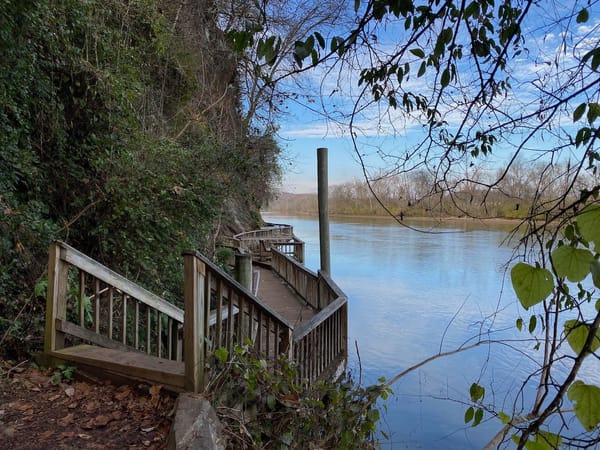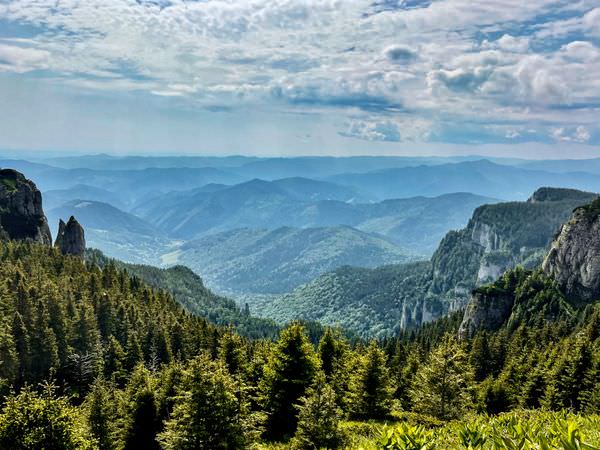What Makes Traveling Difficult?
Anna and her sons write about what makes traveling difficult for them and how they cope with the difficulties of traveling.
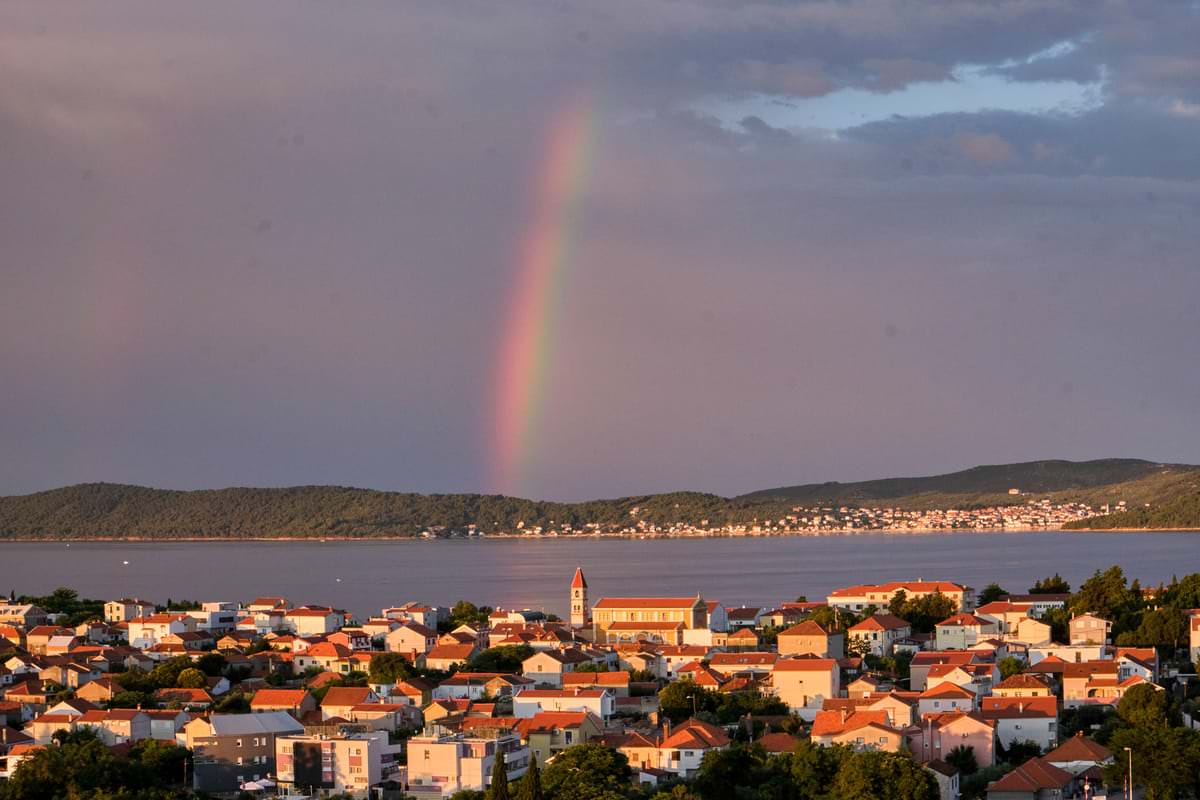
I have been thinking to write on this subject for a long time, and I kept postponing it for a while trying to figure out how to put it. I want to send the right message here: we love going to new places, but it is not easy doing that, so we find ways to cope and put up with the difficulties of traveling.
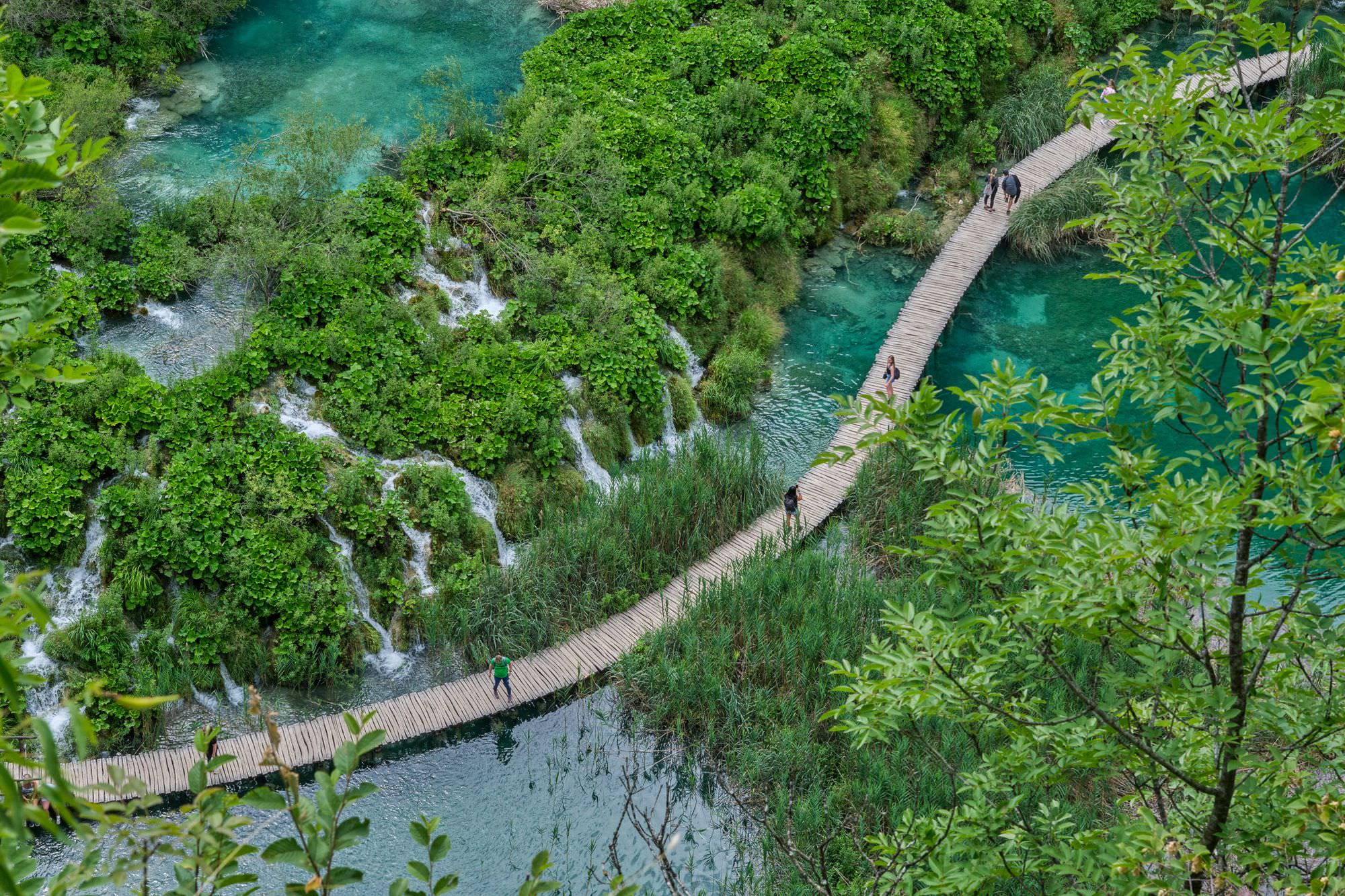
Many times people have told us how they wished they could take up traveling more but didn't have the means to do it or the time or both. But these are not the only obstacles that can prevent one from traveling. When people make time to sit down and think through what traveling would really mean to them, they would probably find other sides to it that could constitute insurmountable inconveniences. I have listed below some inconveniences of traveling for me. They are not put in an order from the least distressing to the most or vice versa. I will explain what they are to me and how I cope with them while going to places. I asked the boys to think of three difficulties of traveling for them and how they overcame them.
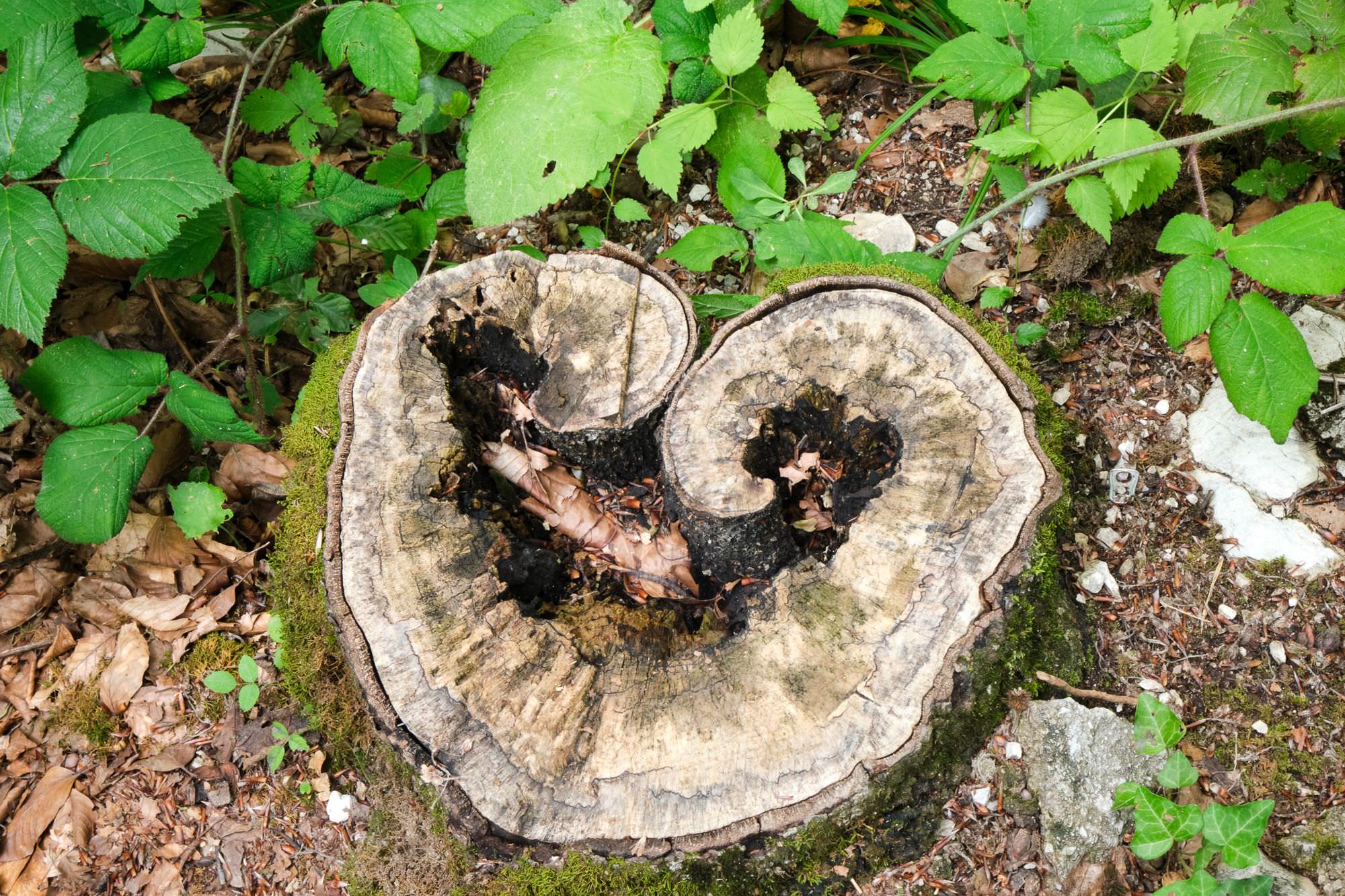
Putting aside the predictability and the familiarity of my comfort zone
Routine, just like new adventures, appeals to me with its predictability and the sense of control over my life it gives me.
The familiar places and people in my comfort zone help, too, in giving me a sense of peace and belonging.
My home is my happy place with extended family at hand, with a neighborhood well furnished with all the things I need, from well supplied grocery stores to relaxing nature trails.
I enjoy that sort of life in which nothing out of the ordinary happens (only very rarely and only scheduled). I am always looking forward to returning home from all our travels to rest and calm down from all the excitement associated with travel.
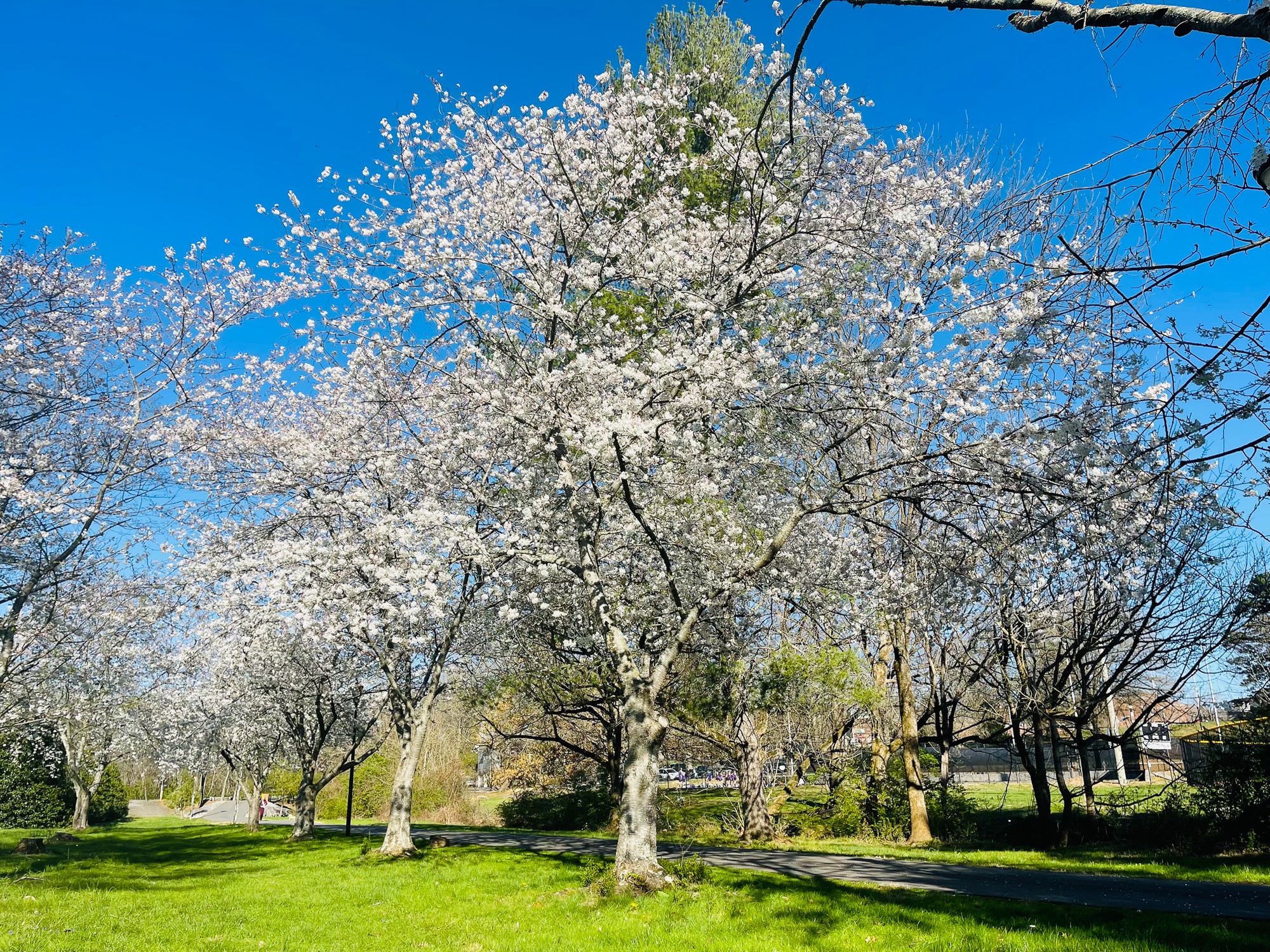
But how do I keep myself sane while leaving all the serenity of my comfort zone behind me and plunging into the unknown? It's the curiosity and the pleasure of exploring the unknown that keeps us plunging into new experiences. When we travel, we switch into a traveling mindset, in which we are open to embracing the new and unpredictable. The traveling mode usually comes after a load full of time spent in our comfort zone.
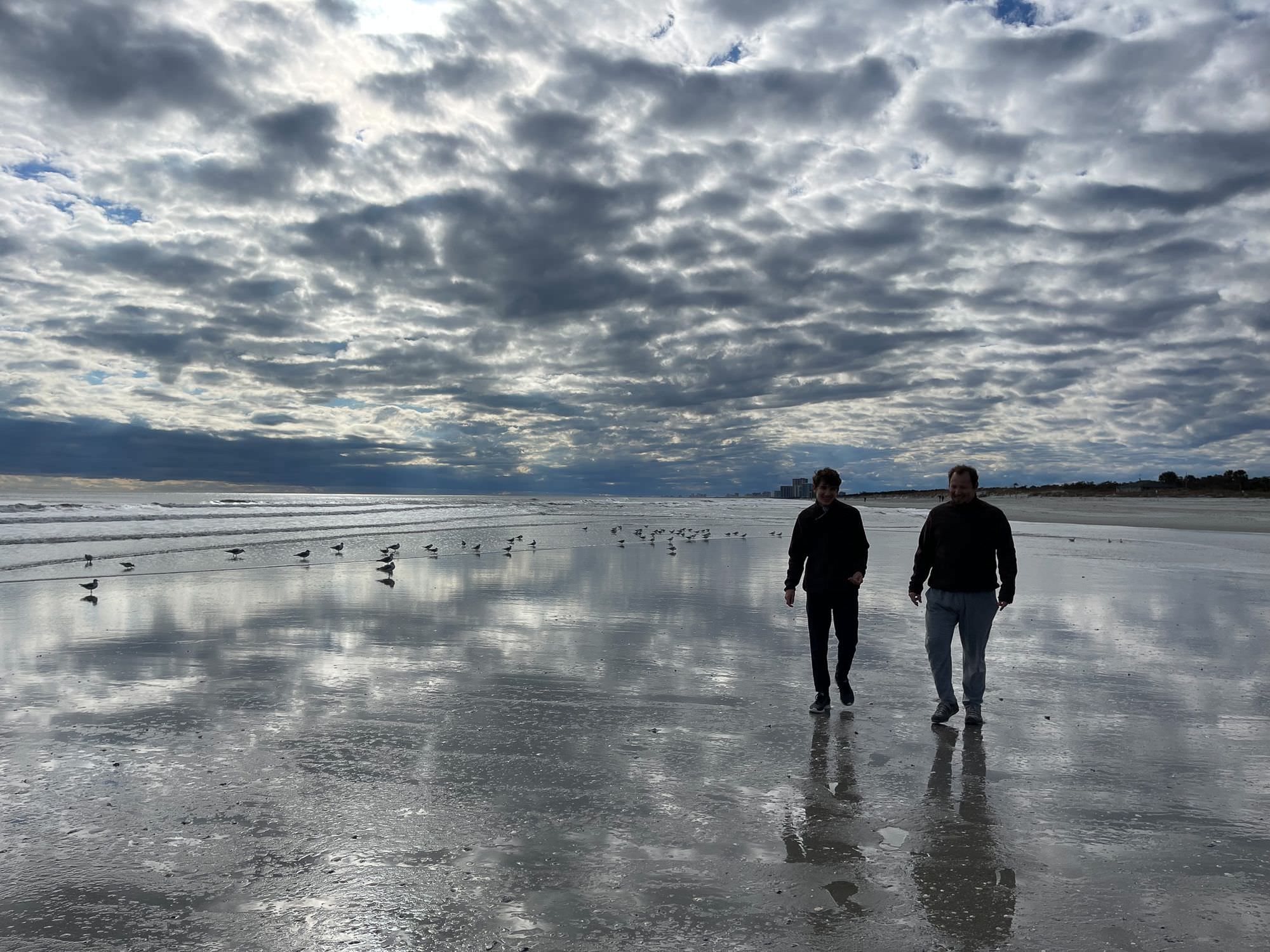
It always helps me when I think that we are going to return to our comfort zone, eventually. Moreover, while traveling, we keep some of our daily routine on the go, like having a Bible reading time and prayer together with a cup of tea or coffee in the morning (we discovered God is our ultimate comfort zone), eating snacks of fruits and nuts at certain hours, having our meals at precise times, etc.
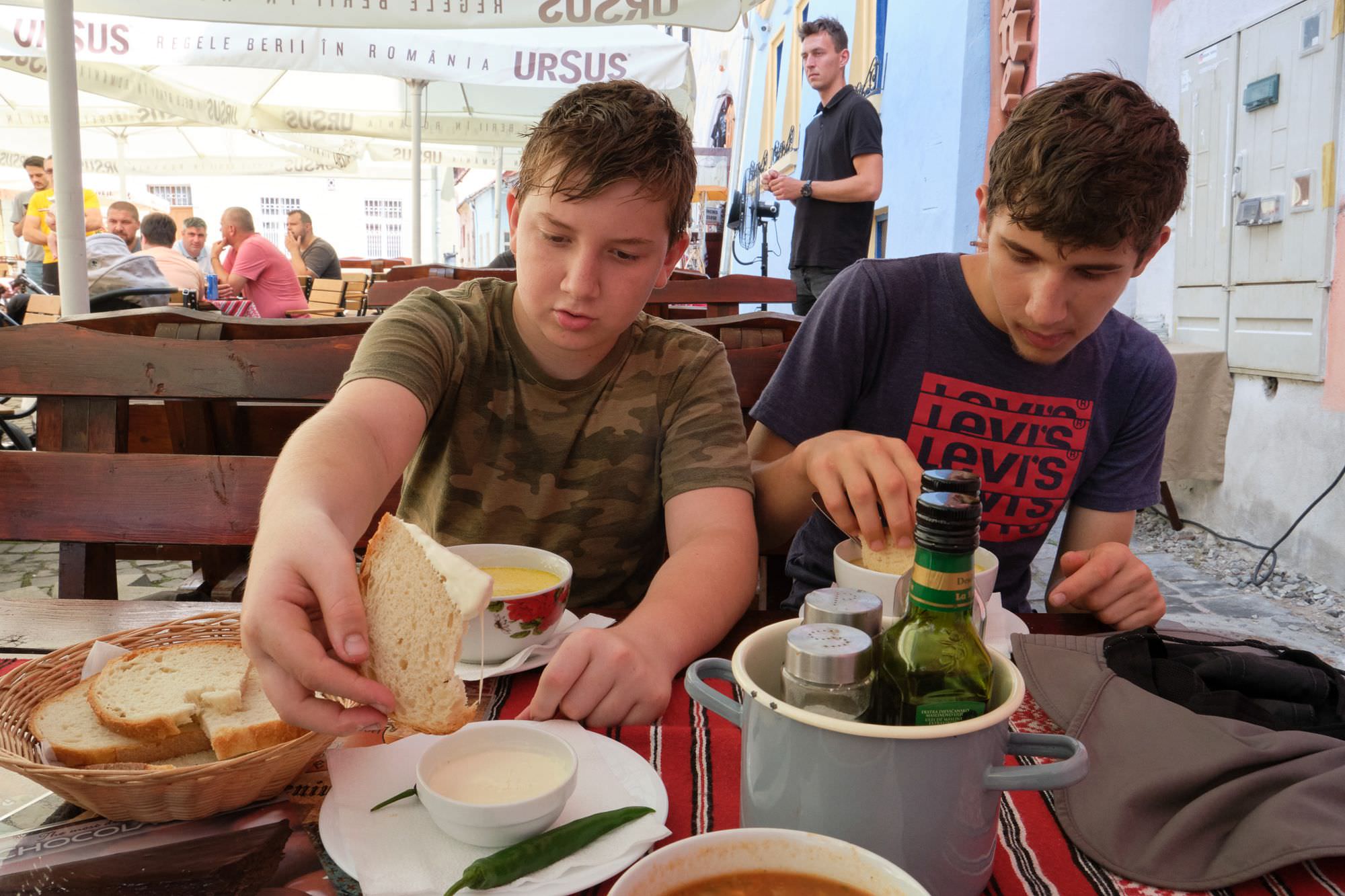
Eating out
I love to eat. I don't necessarily like to cook, but if I want to eat something of my liking, I have to cook. So, in my mind, home and a big part of my comfort zone is the good food I am making myself. I don't like to eat out because there's something in the foods cooked by others at eating places that doesn't agree with my liver. Fast foods are the worst kind for me. Don't get me wrong, we like eating fast food. I will eat (and enjoy) a McDonald's burger and a bag full of french fries occasionally.
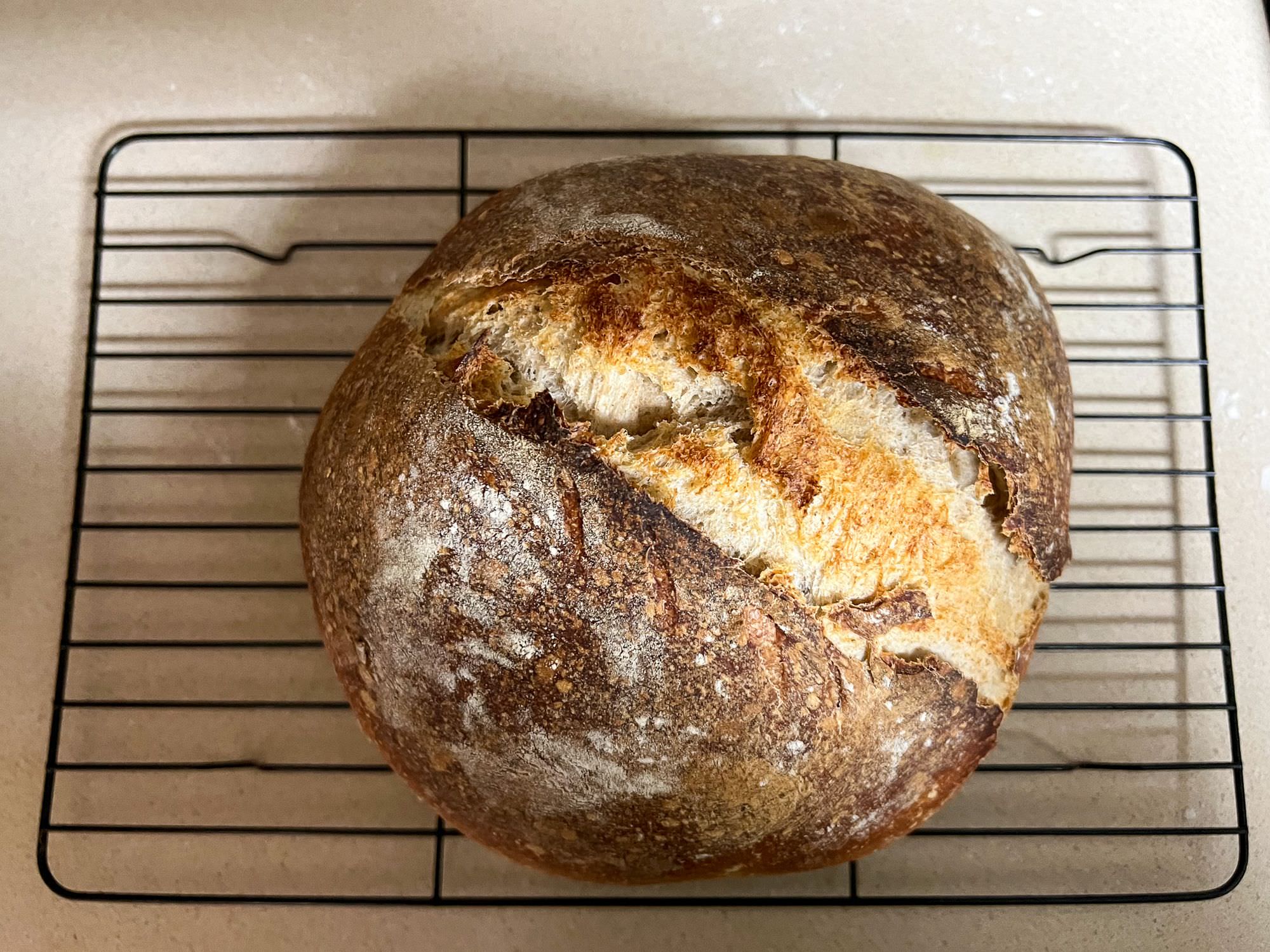
What I noticed helps when I cannot cook is buying food that is not processed or if it is processed with as few ingredients as possible. Fruit, nuts, potato chips, corn chips with fresh salsa, homemade sandwiches, cheeses, plain whole yogurt with a piece of bread, are ok until we can eat cooked food again.
Cooking with utensils that are not my own
I am the queen of my kitchen. I know where the place of everything is, even though to an outsider it looks like a mess. Furthermore, I can't brag that I have the best utensils ever, but nothing is missing from my kitchen; I have everything I want in there.
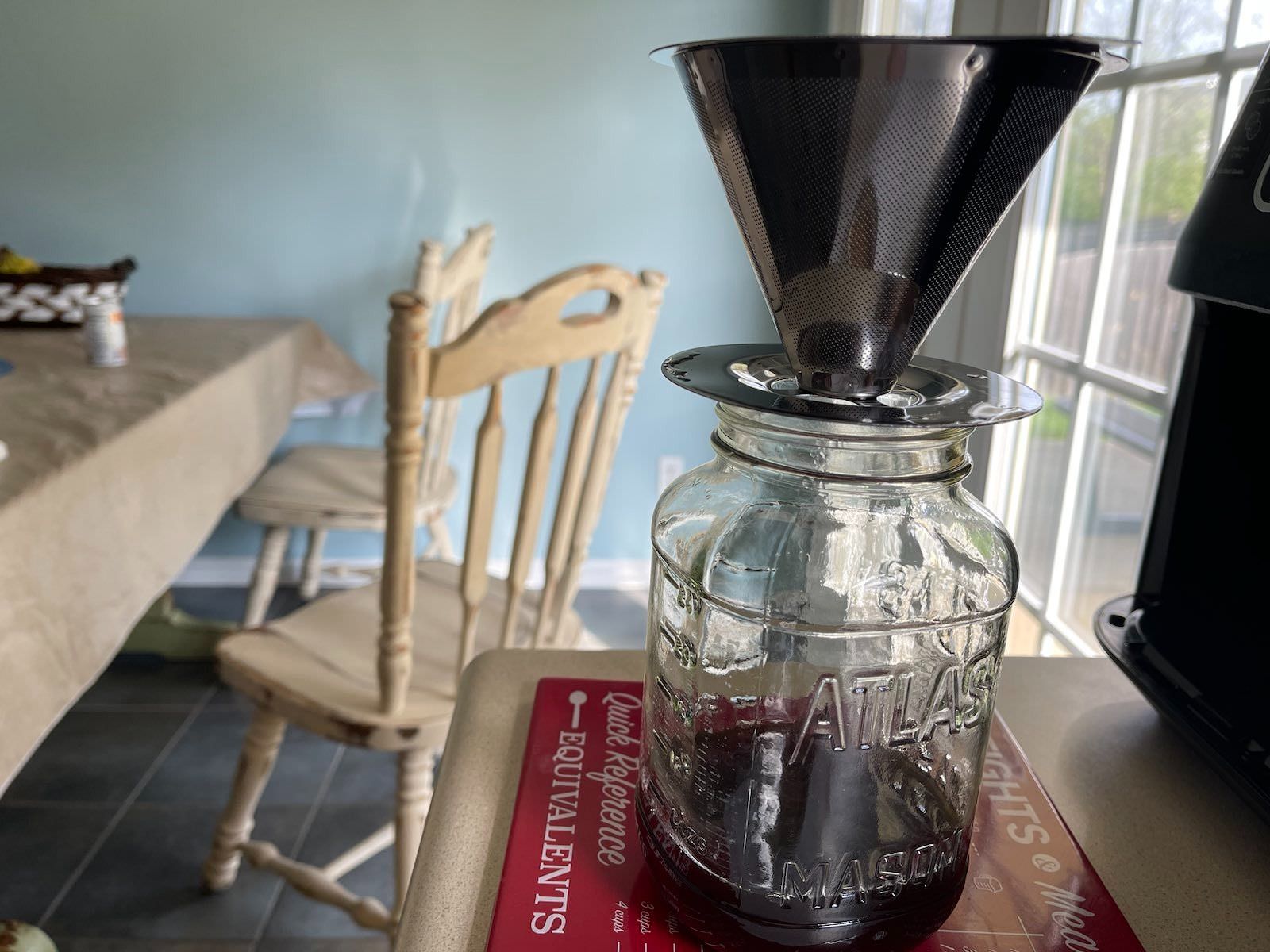
When we travel, since I need my cooking, we look for accommodation that has a kitchen included. On road trips, I can take some essential utensils with me, like a bacon and eggs frying pan, a garlic press or a good working knife. I cook simple foods that involve more boiling (or roasting in the oven) than frying. At the supermarkets, we look for rotisserie chicken. It goes well with a green salad and mashed potatoes.
Uncomfortable beds and bedsheets
The most comfortable bed for me is my bed. It is a simple bed with a mattress that is not too soft nor too stiff. It doesn't squeak, it is not too low, nor too high, it's just perfect. My bedsheets are washed with hypoallergenic, no perfume detergents. (I am allergic to all detergents but hypoallergenic ones, not so the rest of my family, though.)
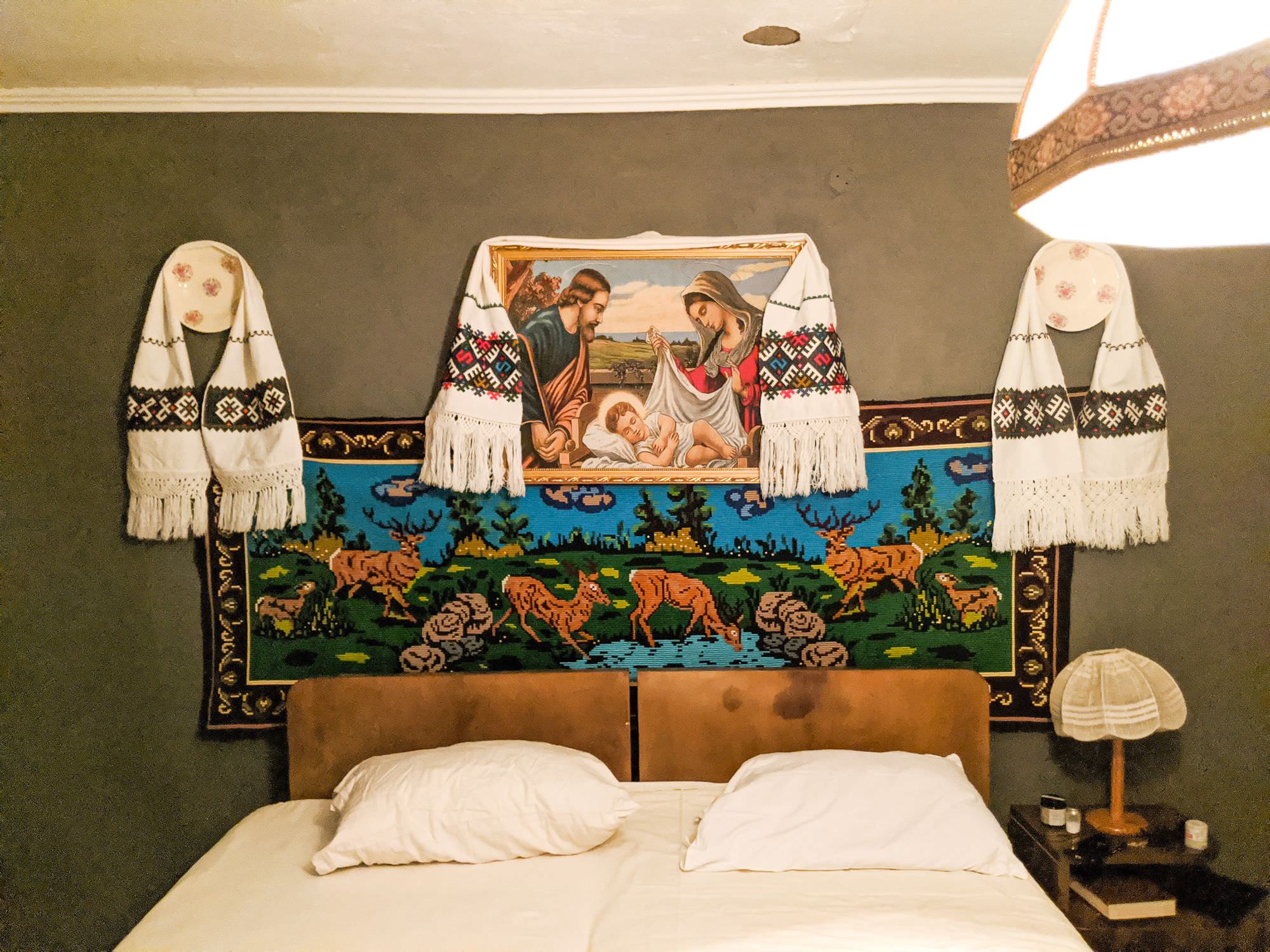
When traveling, we have to accept that we will come across all sorts of beds and bedsheets in the motels, hotels, time-share, Airbnb accommodations. Usually, most of us had been perfectly fine with the beds and bedsheets we encountered until now. I sometimes used one of my t-shirts as a cover for my pillow (if the smell of the detergent on it was too overwhelming). We are thinking in the future of taking an inflatable bed for the boys, who typically get the couch bed when there aren't any bedrooms available for them.
House dust
Another thing I am allergic to is house dust. It gives me itchy rashes that are very uncomfortable. We always vacuum clean our house and change the air filters in the house regularly. To help myself stay allergies free, I have started using a more natural version of cleaning solutions recently, as the fumes/odors from the regular cleaning solutions are polluting the air in the house. I am pleased that at home, I can open the windows very often and let fresh air come inside.
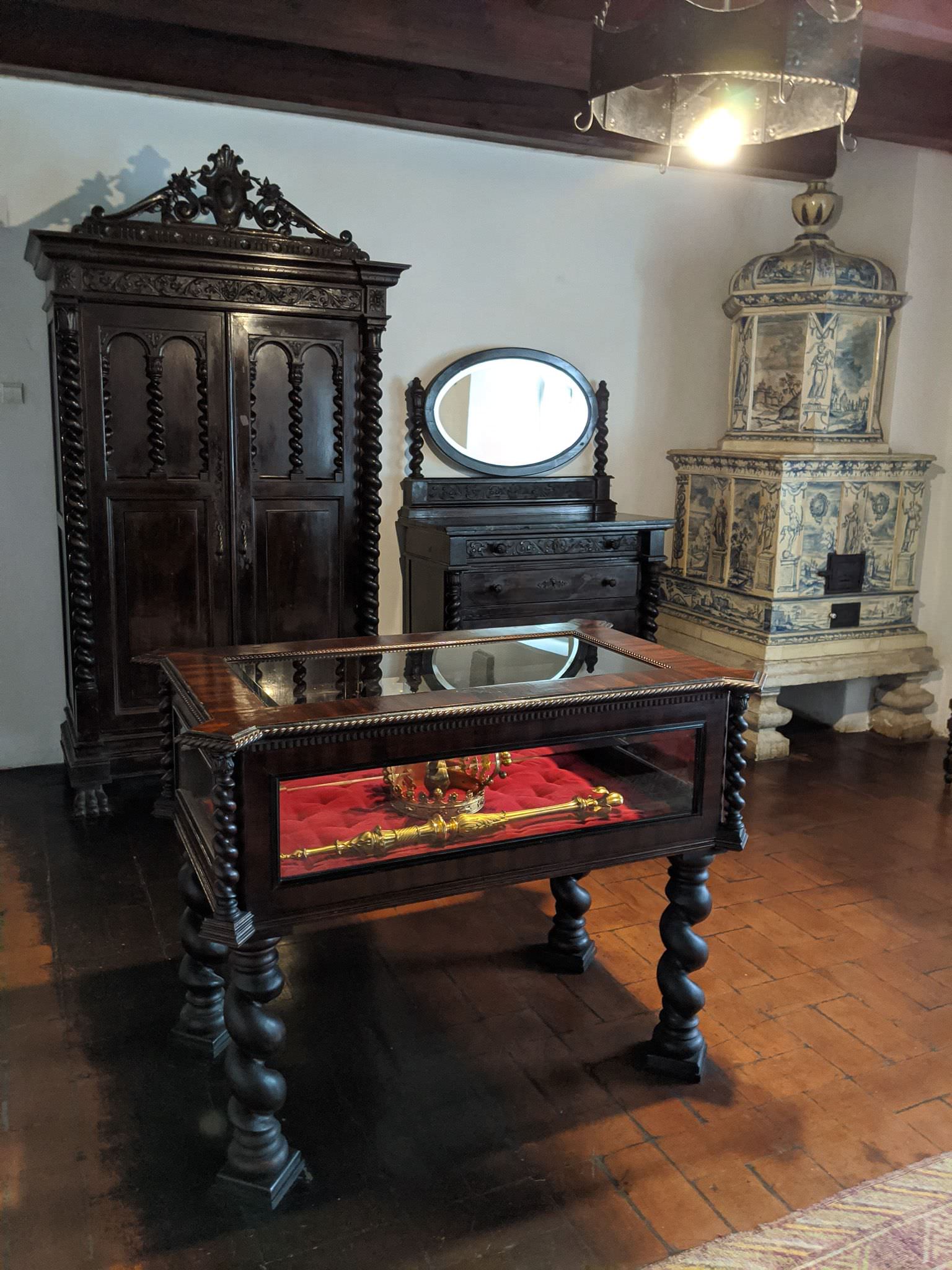
While traveling, we make it a point not to stay in the house too much, unless we travel and work/homeschool at the same time. We use the vacuum cleaners that come with the accommodation we have. At times there are no vacuum cleaners, so we have to accept it and put it in God's hands. I make homemade cleaning solutions that I take with me. Some are quite inexpensive and common (like vinegar and baking soda) so they can be found at any store, anywhere. Essential oils and a small diffuser are part of the essentials we take with us on our travels.
New unwritten socially acceptable norms
When we moved to the United States some years ago, the greatest cultural shock for us was the individualistic society here, in which communities change all the time and, as a result, people tend to keep their life private. We understood why they do after living here for a while.
We could experience first hand the constant influx of new people coming into the country, the movement in the society to where better jobs can be found or different opportunities, the diversity in the mix of the society etc. So, we learned to sit back and look at how people relate to each other and what are the unwritten socially acceptable norms: what goes and what is unacceptable.
For instance, in the country we come from, adults can address children in a friendly way without being looked at as being creepy or weird. Not so here in the States. There's a certain degree of distrust among people here, which is missing in the more homogenous and more settled society we come from. In our country of origin, people live all their lives in one place and are around the same people, thus having a history with them etc.
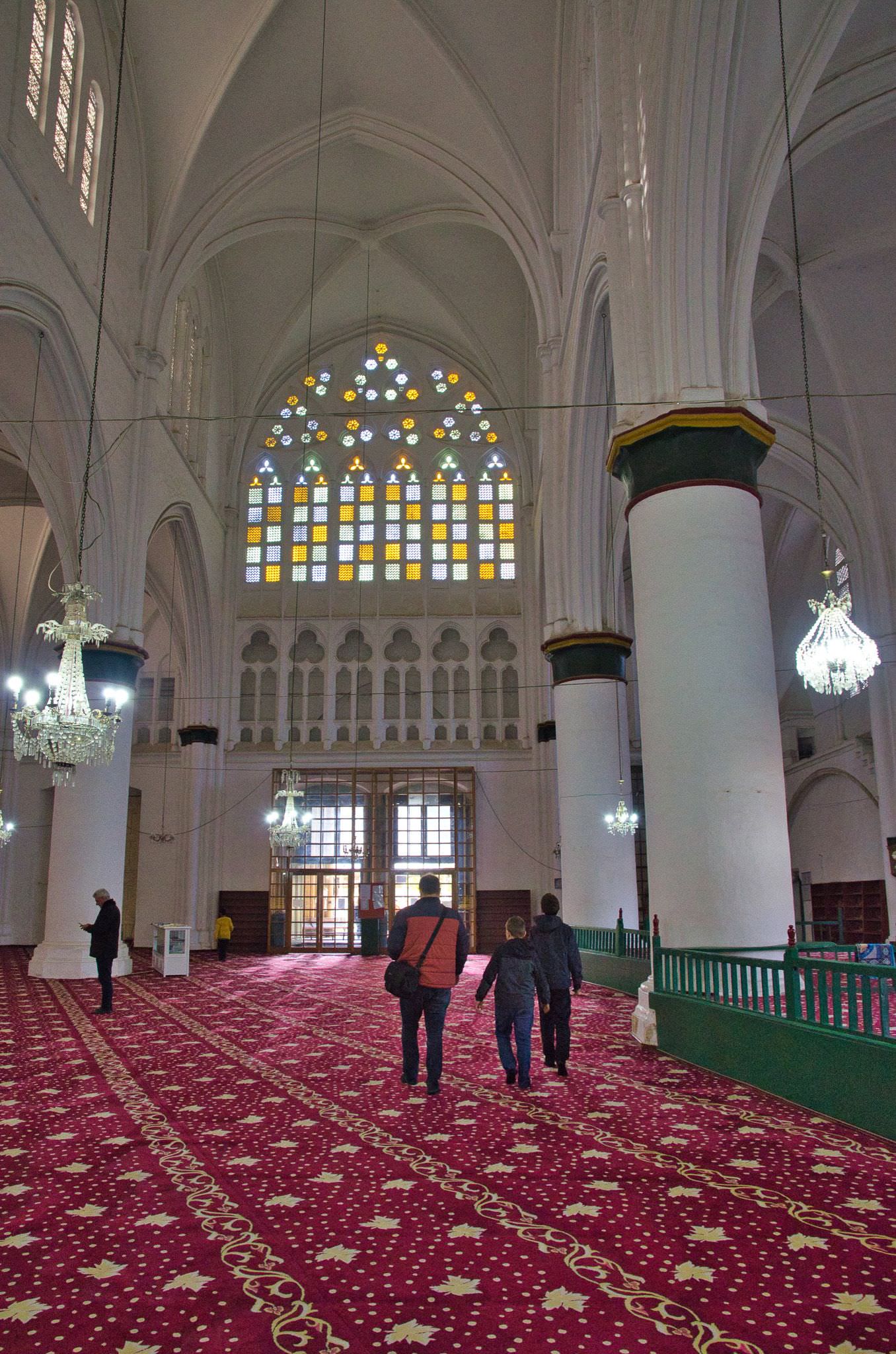
The stress associated with trying to not offend people or/and of being perceived as peculiar is old by now for me; I still do blunders, and I learned to be fine with it. It is part of being a human, and tourists are more tolerated usually. Moreover, makes me more understanding of others making blunders and stepping on my toes as well. I think that our moving to a completely foreign country in the past helped us to become more sensitive (and sometimes not so caring) about unwritten social norms, depending on how reasonable they are. We always take time to look at how people relate to each other, and so we learn how to relate to them.
Sitting a lot during long trips
Typically, I enjoy long trips in the car, not so much the long flights. What both have in common though, which with growing older starts to be somewhat annoying, is not being able to get up and walk for a few hours at a time. With the car, it is easier because we can stop at rest areas, or at gas stations just to stretch our legs and walk a bit. But with flying it is more complicated to do that. On long flights, I am grateful my bladder gets full very often, so I have the perfect excuse to walk down the aisle to the bathroom.
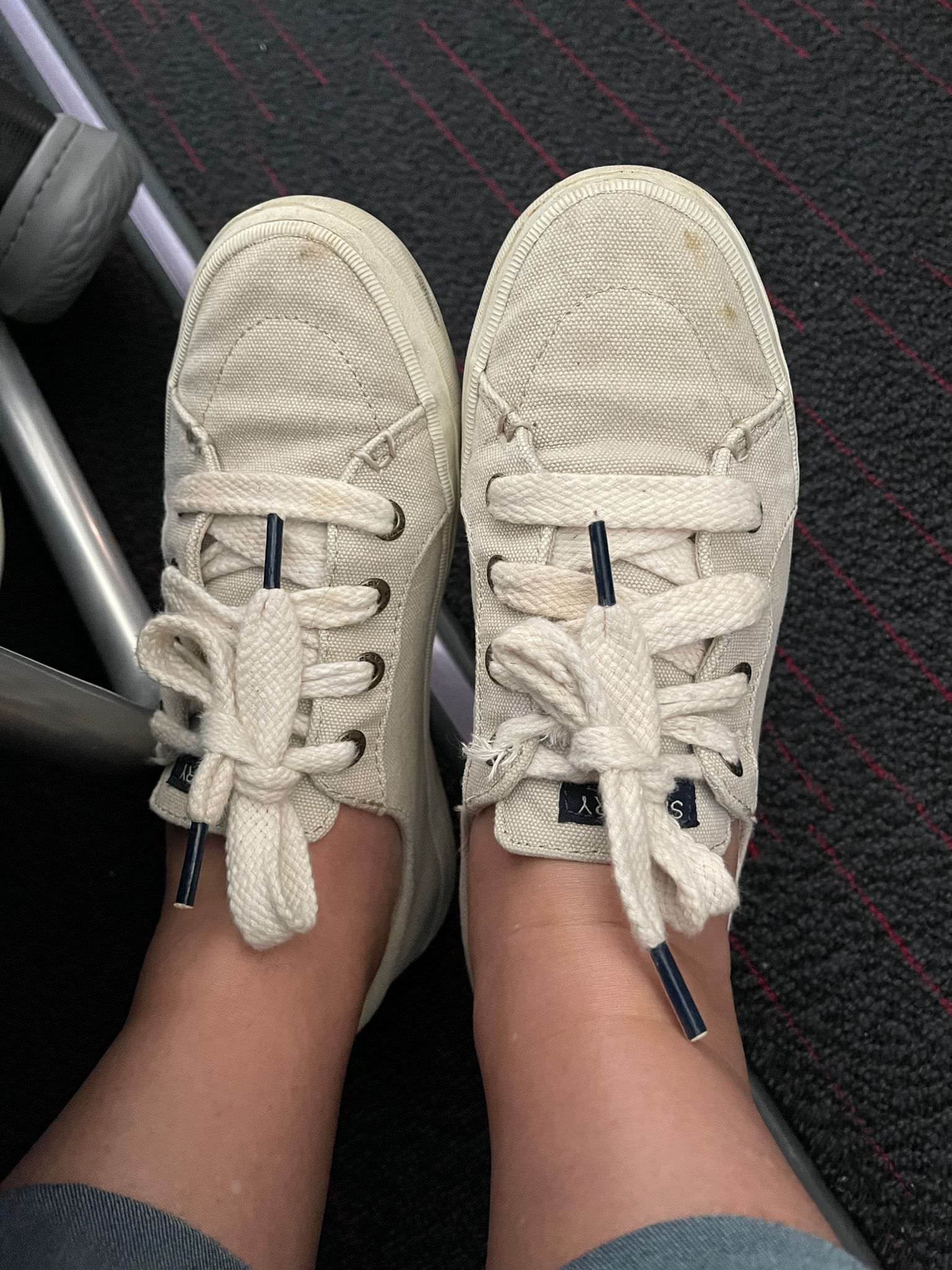
Lately, my feet get swollen on long trips and my knee joints and back suffer, too. It helps to prop the base of my back with a rolled sweater or a small pillow. I also untie my shoelaces or take my feet out of the shoes completely (and put on clean socks) to have no pressure on my feet. If I could put my feet up, that helps a lot with the swelling and pains.
Unpleasant surprises
Running over things fallen off cars on the road damaging our car, delayed flights that disrupt a journey altogether, traffic jams, unreliable Airbnb hosts, long car detours because of ice or snow, flying/driving through storms, becoming sick, having to fill paperwork and being escorted and interrogated by the airport police like a criminal because of a silly sole razor blade I have forgotten in the purse, getting lost with no signal on the GPS because of tall buildings, getting the car stuck in the sand in Death Valley with no signal on the phone, losing credit cards, dangerous wildlife encounters, insect bites or plant poisoning, having to climb unexpectedly long flights of stairs with heavy backpacks, waiting in long lines for attractions, cancelling visits because of unreasonable restrictions etc.

Whenever we leave our house, the minute we step outside, we can expect anything to happen, it is part of the adventure, part of stepping into the unknown. We do what we can to prevent unpleasant surprises: making sure the car is well maintained, finding the best routes to avoid traffic jams and detours, getting our insect repellents, plenty of water, and snacks, going through the rules and regulations of places, airports etc. One of our mottos in life is:
Do your best, and commit to God the rest.
We never leave home without praying and asking God to guide us. Anything that comes our way is allowed by Him with a purpose. We started looking at the delays that these unpleasant surprises bring with them as His divine provision and protection from whatever was waiting for us that we could have not foreseen in the first place. Furthermore, the unpleasant surprises are opportunities for us to grow in our faith in God and see Him at work in our lives.
And we know that all things work together for good to those who love God, to those who are the called according to His purpose. (The Bible, Romans 8:28)
Jet lag and different time zones
Sleeping and resting is something that I cannot do without. Once, after a long drive and little sleep, I blacked out when I went to the bathroom, on the night of our arrival at the hotel, and I fell on the ceramic tiles of the bathroom and broke my head. We had to find a doctor the next day to stitch me up. Thankfully, I wasn't left with worse repercussions.
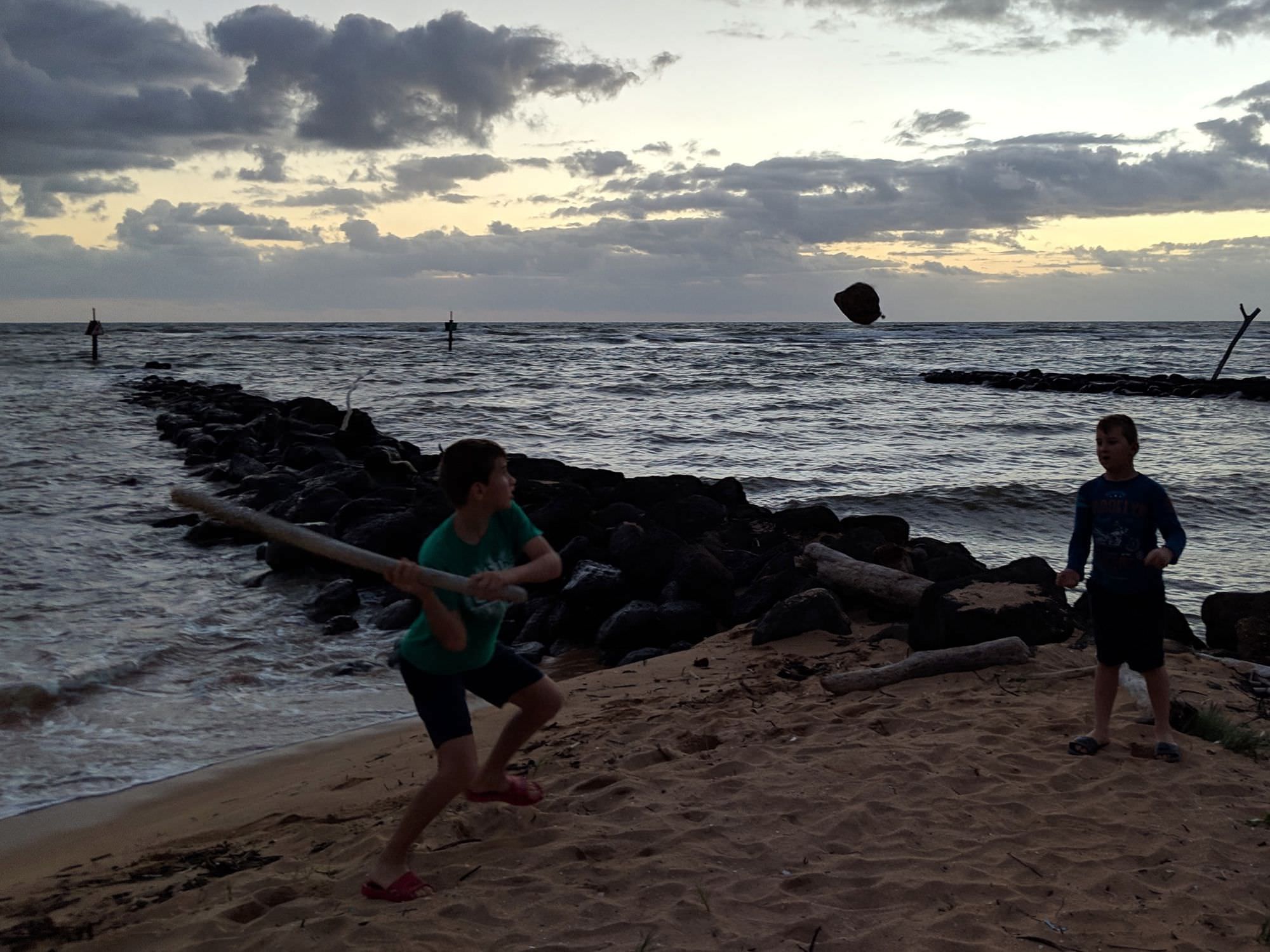
When we went to Hawaii, one year, we didn't even attempt to adapt to the different time zone of Hawaii. We only spent a week there, and it was at the end of November, when the sun sets very early in the evenings. So, we figured that we were not going to make major changes in our schedules to accommodate the different time zone. We would go to sleep by 6 in the afternoon and wake up very early for hubby to finish his work. The stray roosters roaming the place helped us a lot. We were thinking at that time, how can people sleep through the hubbub they were making. Then, by noon, when he would be done with his work for the day, we would have 6 hours of daylight and warmth to use for our adventures.
Language barriers
In all the places we visited, we could find someone who spoke at least a little English, especially at eating places, hotels and touristic attractions. It is harder to find people speaking English at supermarkets and other places that locals use as well.
Tourists and travelers can be equally loved and hated by the people living by touristic attractions. They are loved because they will spend money there, and tourism can be a very profitable industry. On the other hand, the people living by touristic attractions can become fed up with the multitude of foreigners flocking not far from their homes, making the place crowded and harder to navigate. My heart goes out to the locals of a touristic place. I do my best to learn a few words and phrases in the language of the country I am visiting. I noticed locals like to see tourists trying their best to be nice, it is but a little compensation for the annoyance they can create.

When we visited Athens (and other countries that use a Greek-based alphabet), I found it handy to have an idea of what sounds their letters stand for. So, I could figure out little things like street names or where the store is and such. I was amazed how many words have a Greek origin in English.
Missing family and friends
I miss family and friends when traveling for longer periods of time. We miss seeing other familiar people apart from each other. By the time we have our fill of traveling, we start having a feeling of not belonging to a place, especially if it is very foreign and different from what we are used to.
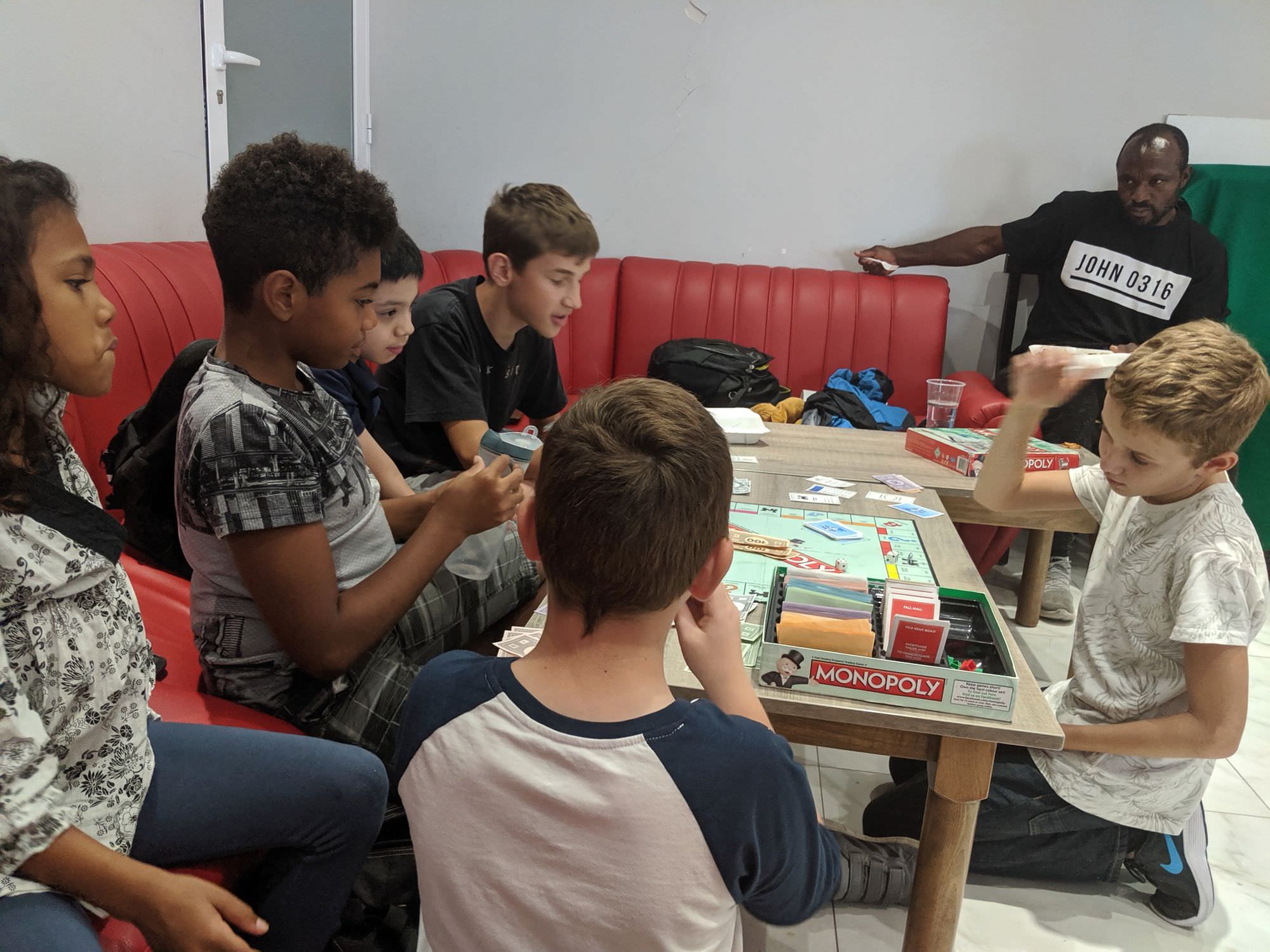
When we traveled to the East coast of Italy one year, we lived there for about three weeks in a small town near Polignano a Mare. On Sunday mornings, we would go to a small evangelical church in Conversano where we met lovely people, a small group of believers with whom we shared the connection of faith. We spoke English, most of them spoke only Italian, but we could feel the Christian love there among them. We were happy to have had the same experience in Malta. The family of Christian believers is the closest thing to a family to us wherever we go, and we are always delighted to discover that the spiritual family of God can be found everywhere in the world. They are the people we can trust and with whom we have much in common.
I asked the boys to write about at least three things they found difficult while traveling and how they coped with them.
What my kids think
Mihai, 15
Traveling is not for the faint of heart. It definitely isn't easier than just staying home, but, again, just staying home isn't going to let you see any of the interesting places of this world. These are some of the difficulties I encountered while traveling, and this is how I overcame them.
First is the intractable problem of having to sit down for hours at a time. Whether you are on a plane or in a car, you will have to sit in a chair for a very long time. In case you didn't know, sitting in one place for hours is dull. However, an easy way I found to solve this problem was to read a book or listen to an audiobook on the road. When we were on road trips, I also got out of the car when we stopped at rest areas.
Another difficulty of traveling was the small apartments in the hotels that we went to. Once, when we were in Myrtle Beach, we stayed for half a week in a small apartment in a large building next to the beach. It had sagging drawers, broken locks, and a “partial” beach view (you could barely see the beach from the balcony). One day, the A/C broke, and we were let into a newer apartment which was much nicer. I took my advice:

Another difficulty I encountered while traveling was getting sick. I have no idea why, but every time I get on a plane or even a bus, I get a cold. For example, one time we were in Romania, and two days before getting on the plane to fly to the U.S., we had to use a bus because our car was at the mechanic's shop. Thus, I got a cold. And it gets even better; I had recovered by the time we went on the plane, and got sick again. I got better by inhaling copious amounts of essential oils. Just what the doctor ordered!
Paul, 13
Three things that come to my mind and were difficult for me, while travelling are:
I disliked our choice of food when we went to Croatia. When we went there, we bought some beef soup at some restaurant. This soup did not have any beef in it, it was made of a European condiment that adds taste to soup, called Vegeta. I learned from that day forward not to buy any more Croatian “beef soup”.
I did not enjoy packing, and until now, it is still the bane of my existence. I dislike it because it takes a long time for me to think what to pack. One day, when we were about to go, I thought that I had not packed my computer charger! I rushed back inside the home, but I did not find it. When we arrived at our destination, I saw it inside my bag. To make it an easier job, I ask my dad to help me, and he does.

Another problem that I encountered when traveling was that my feet hurt while walking through Rome. My shoes were really uncomfy, so my parents and I went and bought some new ones.
FAQ on Travel Anxiety
Is it normal to be nervous/anxious to travel?
Yes, it is absolutely normal to feel nervous or anxious before traveling. Traveling is often perceived as an adventure or a new experience, and as such, it comes with its set of challenges and uncertainties that can trigger anxious feelings. The anxiety could be a result of various factors such as the unknown, anticipation of the trip, fear of flying, or even leaving the comfort zone.
What are the most common things that trigger travel anxiety?
The most common triggers of travel anxiety include concerns about safety and security, language barriers, financial worries, cultural differences, fear of the unknown, and being away from home and loved ones. These anxieties could arise from various sources, such as personal experiences, media influence, or societal cues.
How can I deal with my travel anxiety?
There are many ways to manage travel anxiety. It's important to identify the root cause of your anxiety and address it accordingly. Some strategies that could help include:
- Taking deep breaths
- Exercising before or during the trip
- Listening to calming music or sounds
- Talking to a friend or therapist
- Planning and preparation before the trip
- Being positive and focusing on the excitement of the trip
Does travel anxiety affect one's travel experience?
Yes, travel anxiety can affect your travel experience. It could limit you from trying new things, making it challenging to interact with locals or even fellow travelers. It could also affect your perception of the destination, leading to dissatisfaction or disappointment. Therefore, it is important to manage travel anxiety to make the most out of your trip.
Can travel anxiety be a good thing?
While it is difficult to deal with the anxious feelings, travel anxiety can lead to personal growth and development. It pushes individuals beyond their comfort zones, and as such, they learn how to handle difficult situations and adapt to new environments. Travel anxiety could also become a motivator to overcome personal fears and challenges, leading to self-growth.
Is there any way to prevent travel anxiety?
Eliminating travel anxiety is almost impossible, since traveling comes with its uncertainties and challenges. However, one can manage and prevent anxiety by planning and preparing for the trip adequately. These preparations could include researching the destinations, learning the language, packing suitable items, having a backup plan, and being financially ready for any unexpected expenses. By planning and preparing, one can minimize anxiety and be ready to handle any challenges that come their way.
How can social media affect travel anxiety?
Social media could impact travel anxiety positively or negatively. While it could provide information about the destination or information on how to deal with travel anxiety, it could also induce travel anxiety. In this era of "instagrammable" travel, people tend to share only the picture-perfect moments and experiences. As such, seeing such pictures and posts could lead to unrealistic expectations, leading to disappointment and travel anxiety.
Is it common to feel homesick during travel?
Yes, it is common to feel homesick during travel, especially if one is away from home for a long time. Homesickness is a result of a sudden change in environment or routine, and it could affect how one perceives their experience. To deal with homesickness, one can try to stay in touch with loved ones, talk to other travelers, or immerse themselves in local activities to distract from the feelings.
What can I do if my anxiety worsens during travel?
If your travel anxiety gets worse, it is good if you can find help from a professional. Help can come in different forms from talking to a therapist, visiting a healthcare professional, or joining a support group.
How can I make the most out of my travel experience despite my anxiety?
Even with travel anxiety, it is possible to have a fulfilling travel experience. Having the right attitude, taking care of your mental and physical health, planning and preparing adequately, and staying positive and open-minded could help make the most out of your travel experience.
Are there any benefits of traveling even with anxiety?
Traveling could provide numerous benefits despite anxiety. It could help with personal growth and development, improve confidence and self-esteem, and expand intellectual horizons. Additionally, it could provide opportunities to learn new things, meet new people and explore different cultures, leading to a more fulfilling experience overall.




